Team
Our team consists of over 70 motivated and specialized employees in the areas of hardware development, software development, battery and EE design, test bench development and testing, functional safety as well as prototyping and workshop. Our young team combines years of experience in battery technology with the latest university know-how from the Aachen area – the German hot spot for eMobility!
With motivation and ambition, we are committed every day to supporting our customers in their transformation to electromobility. We are passionate about making CO2-free mobility a reality together with our customers and partners.
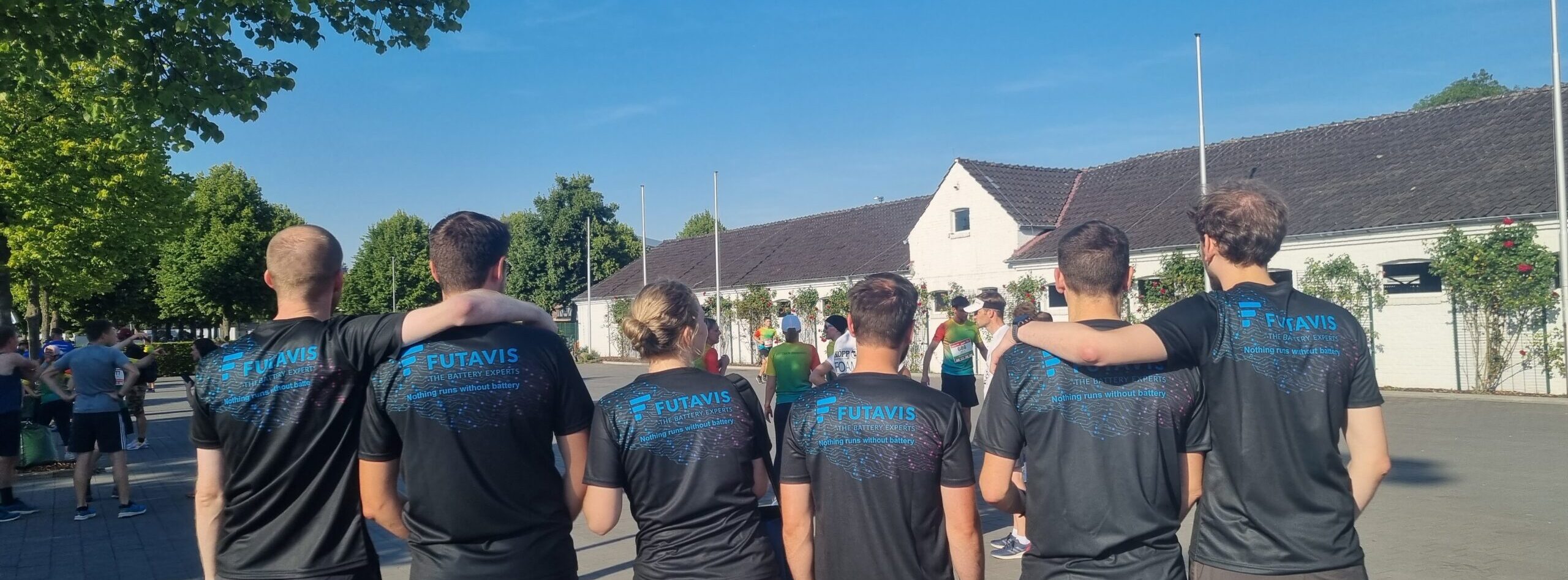
Leadership Team
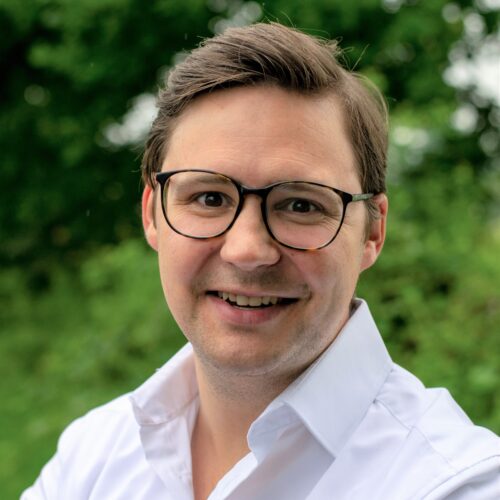
Martin Treiber
LeadershipWith our strong teams at Futavis and DEUTZ, we are passionate about driving electrification forward!
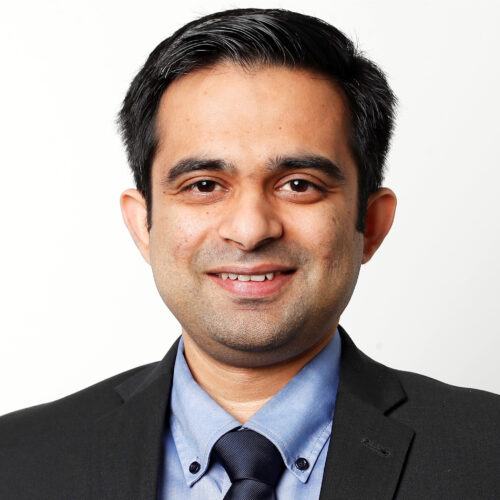
Adarsha Kanchana
Leadership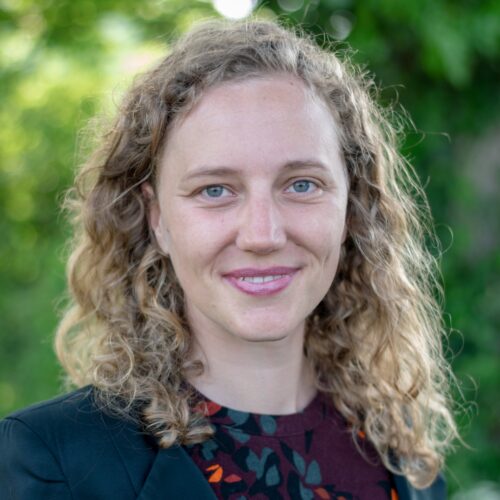
Anne Robens
Head of System EngineeringAs a battery expert and safety manager, Anne is passionate about working on tomorrow's electric solutions!
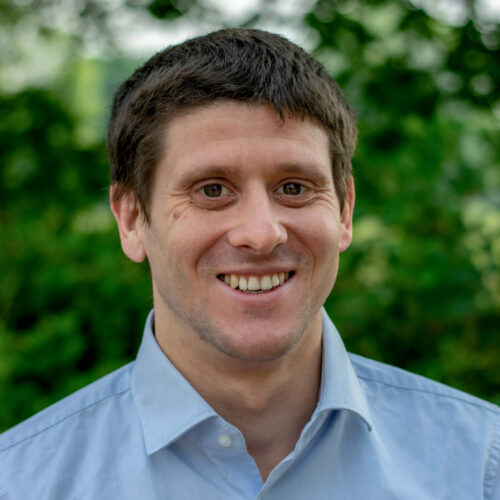
Johannes Rütters
Project LeaderWith deep technical know-how and very good system understanding Johannes brings every project to success!
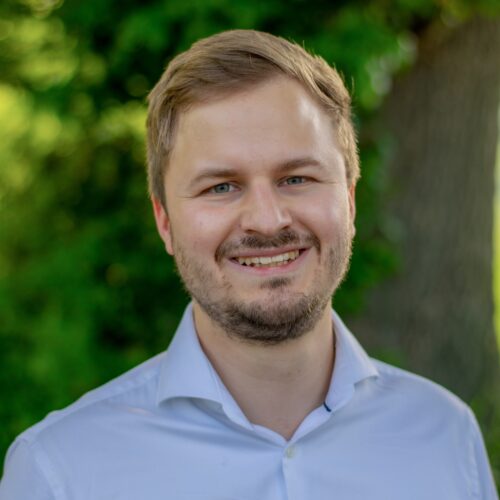
Julian Mardey
Project LeaderEnthusiastically helping to shape electrification projects for a sustainable future and leading them to the finish line!
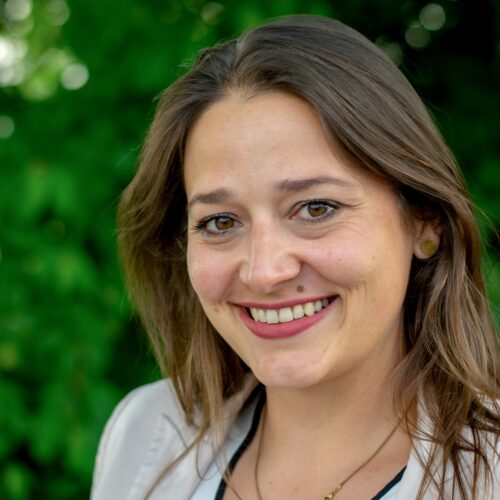
Christine Link née B’chir
Sales & MarketingWith a master's degree from RWTH Aachen University and a passion for sales, Christine drives the sales pipeline.

Maximilian Faßbender
Purchasing & Supply ChainIn close partnership with our suppliers we ensure delivery capability and highest quality!

Oliver Blasius
Software developmentWith our self-developed BMS software, we can implement any customer request and successfully bring it into series production!
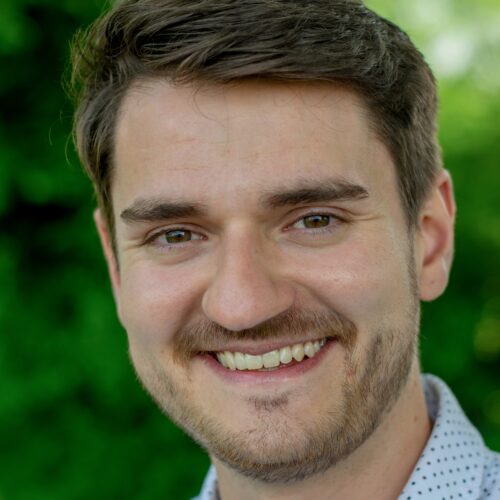
George Rib
Test DepartmentIn the test department we analyze our products to improve them more and more for our customers!
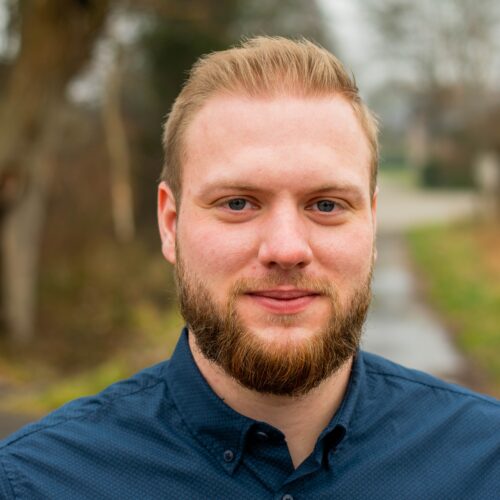
Matthias Kunze
EE & DesignHere, not only the individual component and system design takes place, but we also design the cable harness.
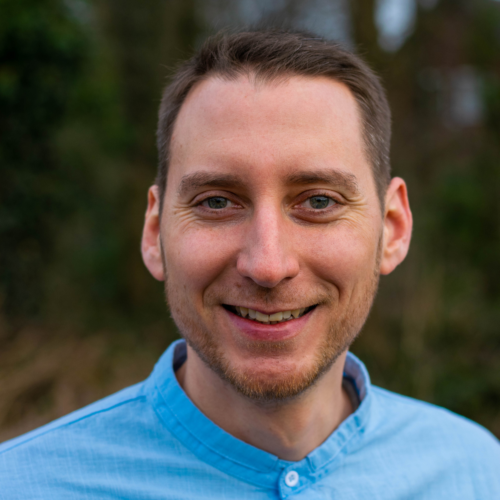
Sebastian Kerres
Workshop LeaderI am responsible for controlling and monitoring the work processes and production sequences in the workshop.
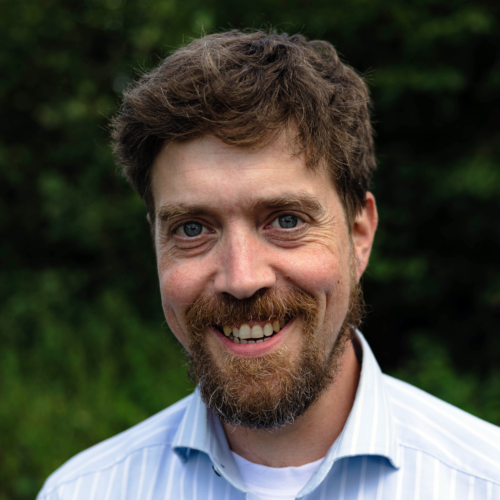
Michael Kauth
Project Leader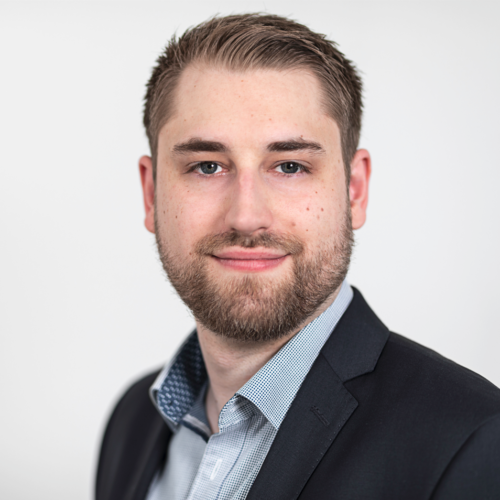
Tim Bernau
Functional Safety ManagerFunctional safety must always come first!
History of Futavis

Research & Innovation
In order to remain in constant exchange with university and business research, Futavis is continuously involved in research projects on various battery technology topics.
In addition to the constant exchange and generation of new ideas, it is our concern to further develop electromobility in Germany and Europe through various cooperations and research projects.

Current research projects

SKAEN
Futavis is a partner of the innovation network “Systems and Components for Automated and Electric Commercial Vehicles”, SKAEN for short. A key objective is to make the technological know-how of the highly specialized small and medium-sized network partners available for applications in automated and electric commercial vehicles. The network is intended to support these companies in the design of research and development projects. These R&D projects are intended to develop customized auxiliary units for electromobility, for example. This includes the mutual exchange of application knowledge and technological knowledge, taking into account the special requirements for automated and electric commercial vehicles, including with regard to law and approval. To this end, the network activities are to identify, for example, specific open questions from the user side that have not yet been solved technically, such as:
- Sensor technology for demanding environments (construction sites, hot/cold application areas, etc.)
- EMC and freedom from interference of communication elements in electric commercial vehicles (especially with regard to data communication in the highly automated commercial vehicles).
- Energy management and energy recuperation for the special work profiles of commercial vehicles, up to energy-autonomous vehicles (dump trucks)
Further information and an overview of the partners involved can be found on the project homepage: www.skaen.de
Completed projects
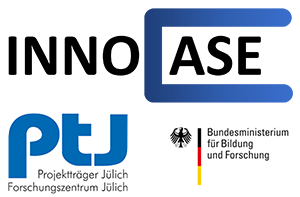
InnoCase
Lithium-ion cells are the key component for the success of electromobility. The cell-internal components are surrounded by a housing that has to meet a wide range of requirements, such as protection, cooling function and module integrability. In order to also achieve a high specific energy, it is elementary to have the highest possible ratio between the stored energy and the housing mass. This can be realized in particular by large-format housing concepts. Thus, the challenges of innovative housing concepts for large-format lithium-ion batteries are addressed in this project in cooperation with the following project partners:
ElringKlinger AG, Manz AG, TRUMPF Group, PEM of RWTH Aachen IWB & EES of TU Munich.
ConverT
In order to reduce CO2 emissions in road-based freight transport, the switch from conventional combustion engines to electric drives is unavoidable. Overhead lines for trucks offer an effective option for electrifying traffic on highways in terms of both ecological and economic factors. In order to be able to drive outside of overhead lines, the trucks have a battery. These trucks will be recharged at the electrified sections of the highways via a pantograph and a power electronic charger. For example, the “CONVertER for Trucks” project is developing two galvanically isolated chargers based on established technology as well as on the latest silicon carbide technologies, associated safety concepts and suitable manufacturing processes. Consortium partners are: Institute for Power Electronics and Electrical Drives (ISEA) and Machine Tool Laboratory (WZL) of RWTH Aachen University as well as Siemens Mobility GmbH as associated partner.
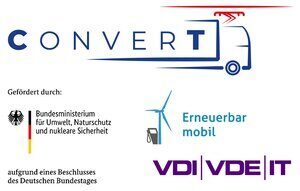
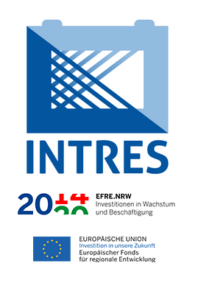
InTreS
The overall objective of the research project is the resource-saving use of “Innovative carrier materials for optimizing the current conductors of electrical storage systems”. The goal is to generate improved bonding between substrate and active material and thus improve battery life. In addition to Futavis GmbH, Production.net AC, Aurubis AG, Bender GmbH, Hollomet GmbH, Alantum Europe GmbH, Schunk GmbH & Co. KG and the Chair of Production Engineering of E-Mobility Components (PEM) and the Institute of Welding and Joining Technology (ISF) at RWTH Aachen University are also participating in the project. The project, which started in January 2017, is funded by the European Union and the state of North Rhine-Westphalia.
POLICE
The objective of the research project “PrOlonged Life Cycle for Electric Vehicles”, or Police for short, is to extend the useful life of electric vehicles by means of vehicle concepts that can be updated, thereby increasing their economic efficiency and environmental compatibility. The Production Engineering of E-Mobility Components chair and the Machine Tool Laboratory of RWTH Aachen University are involved in the research project. The companies StreetScooter, Stratasys and Dekra Automobil as well as the German Aerospace Center e.V. are also involved in Police alongside Futsvis GmbH. The project, which is funded by the German Federal Ministry for Economic Affairs and Energy (BMWi), was launched in January 2016.

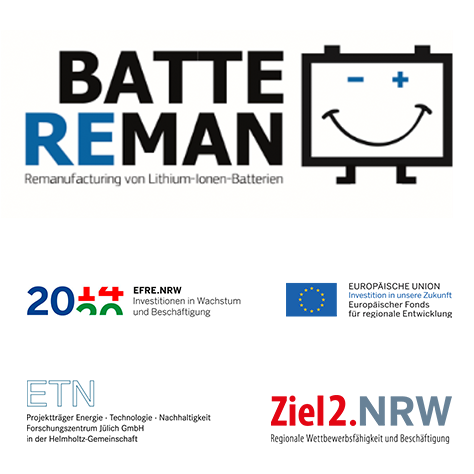
BatteReMan
The BatteReMan project, which has been running since January 1, 2016, aims to increase resource efficiency in the production of lithium-ion batteries across all phases of the life cycle. By using an innovative battery pack developed in-house, remanufacturing can look not only at the interchangeability of cells but also at the housing and the control system, among other things, and thus produce a new, recycled battery from an old traction battery using as few new components as possible. The project is funded by the state of North Rhine-Westphalia.
Compliance
As a subsidiary of the Deutz Group, you will find all relevant information regarding compliance on the Deutz homepage.

